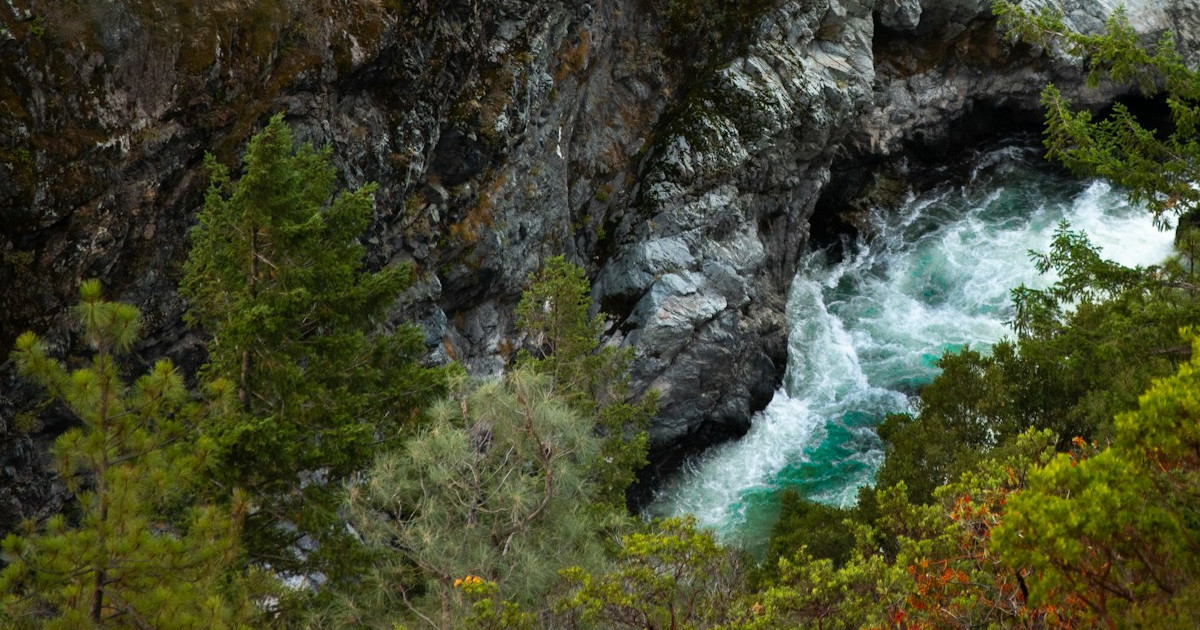Defend and strengthen landmark Northwest Forest plan!
Sign now!
Petition to the U.S. Forest Service:
I urge your vigorous support for a stronger, not weaker, Northwest Forest Plan.
Implemented in 1994, this regional conservation framework for protecting and recovering damaged forest ecosystems in California, Oregon and Washington has proven popular and effective. The plan quelled controversy at the time, providing safeguards for endangered wildlife such as the marbled murrelet and northern spotted owl, while at the same time allowing for continued and substantial timber production.
As a result, landscapes heavily damaged by more than a century of rapacious logging have come a long way toward recovery.
But the U.S. Forest Service has recently unveiled its proposed amendments to the plan. In short, they would be disastrous.
To justify an effective doubling or even tripling of current timber extraction volumes under the plan the Forest Service relies heavily on exploiting the public's fear of wildfire. Studies have shown that removal of larger, older trees promotes wildfire conditions by heating up and drying out the forest microclimate.
The agency's proposals would newly expose over 800,000 acres of mature forests to commercial logging. A more-effective approach to wildfire would direct scarce public resources to home-hardening and managing the interface between wildlands and communities.
The agency's proposed plan revisions would open up new loopholes in existing protections for wildlife and water. Instead of taking this opportunity to expand protected habitat, needed if dwindling species are to recover, the agency's revisions would tread water with existing inadequate protections, or outright weaken them through ramped-up logging.
The dramatic increase in logging proposed by the agency would occur across an even smaller footprint than the original Northwest Forest Plan, as the federal Bureau of Land Management has removed all of its 2.6 million acres of western Oregon forest lands from the protective management framework. In other words, all the adverse impacts associated with commercial logging—road-building, sediment delivery to streams, loss of carbon storage, disturbance and degradation of species habitat—would be even more concentrated on the national forests remaining within the plan's scope.
Further, the Forest Service appears to be using tribal engagement in forest management as a wedge issue to divide conservationists from their tribal allies. Regrettably absent from the initial plan, tribal engagement is very much needed but should be approached apart from, not linked inextricably to, the damaging resource-extraction schemes the Forest Service wants in the plan.
Worldwide, humanity confronts twin crises of climate and species extinction. This makes protection and recruitment of mature and old-growth forests more important than ever before. Thus one of the most impactful steps conceivable to address both of these crises would be to uphold and strengthen the Northwest Forest Plan's conservation elements.
I strongly oppose any effort to significantly expand commercial logging in mature and old-growth forests across the Pacific Northwest. Any changes to the Northwest Forest Plan that weaken core protections for mature and old-growth forests and the water quality, wildlife habitat, and carbon storage values they provide should not move forward.
Thank you.

Add your name below or mail hardcopy letters to:
U.S. Forest Service, Attn: Public Comments
Northwest Forest Plan Amendment #64745
333 SW 1st Avenue
P.O. Box 3623
Portland, OR 97208-3623
©2025 Forests Forever. All Rights Reserved.